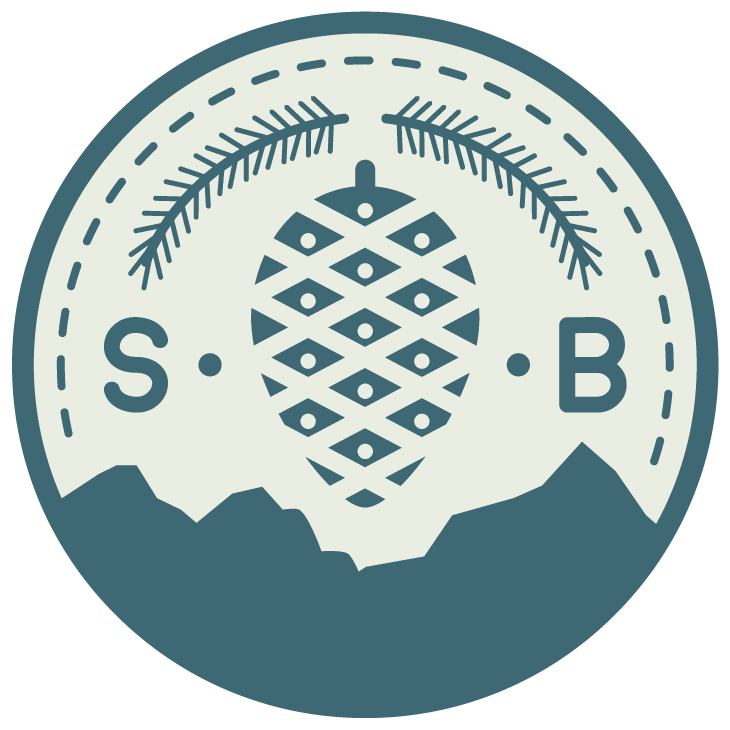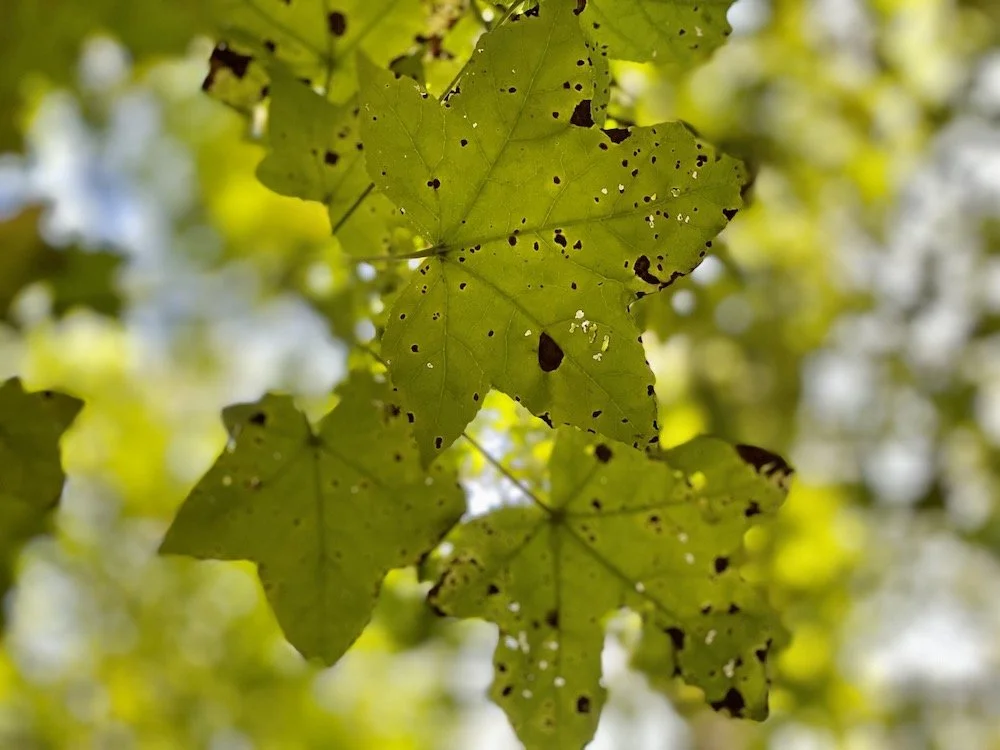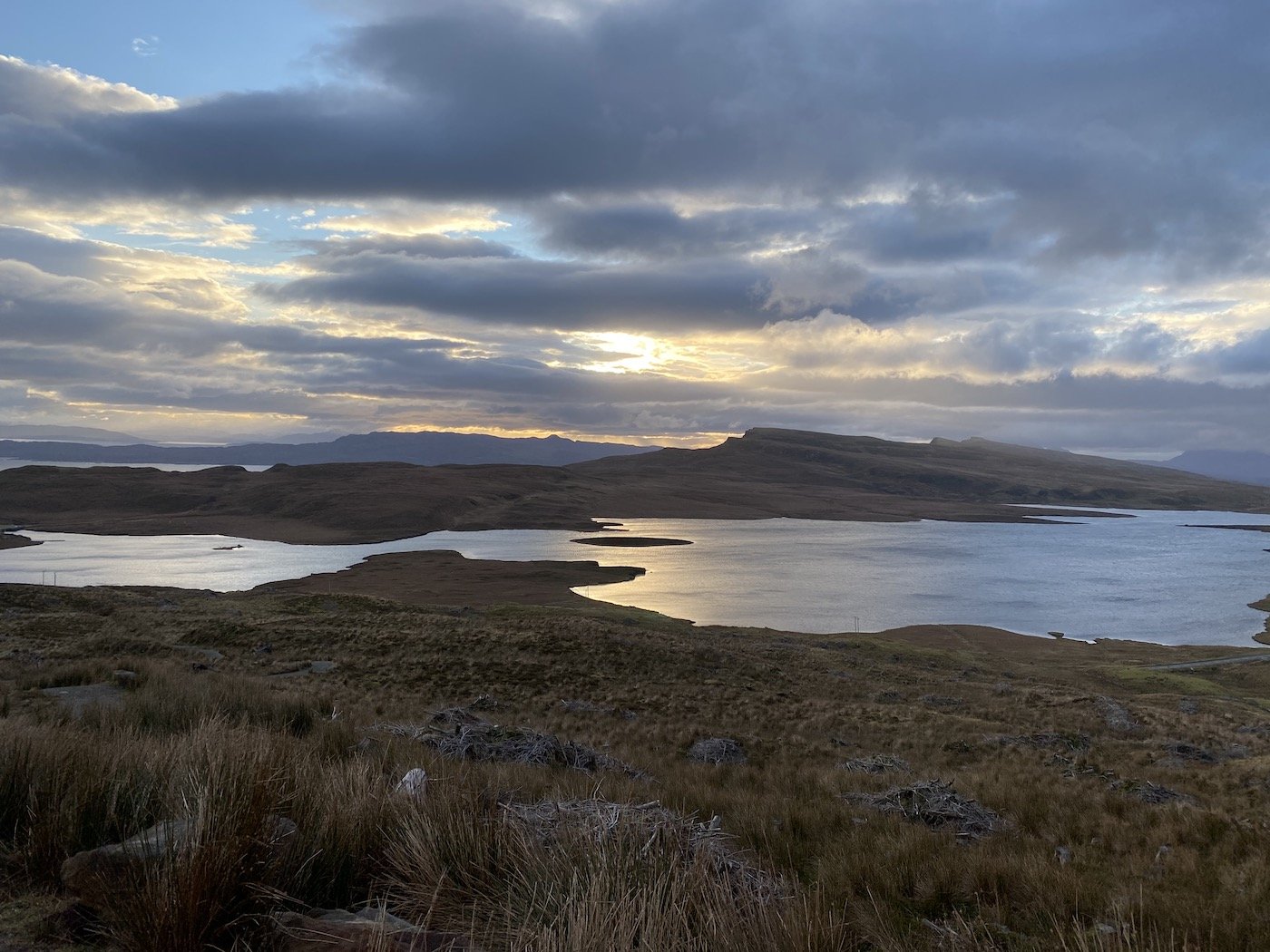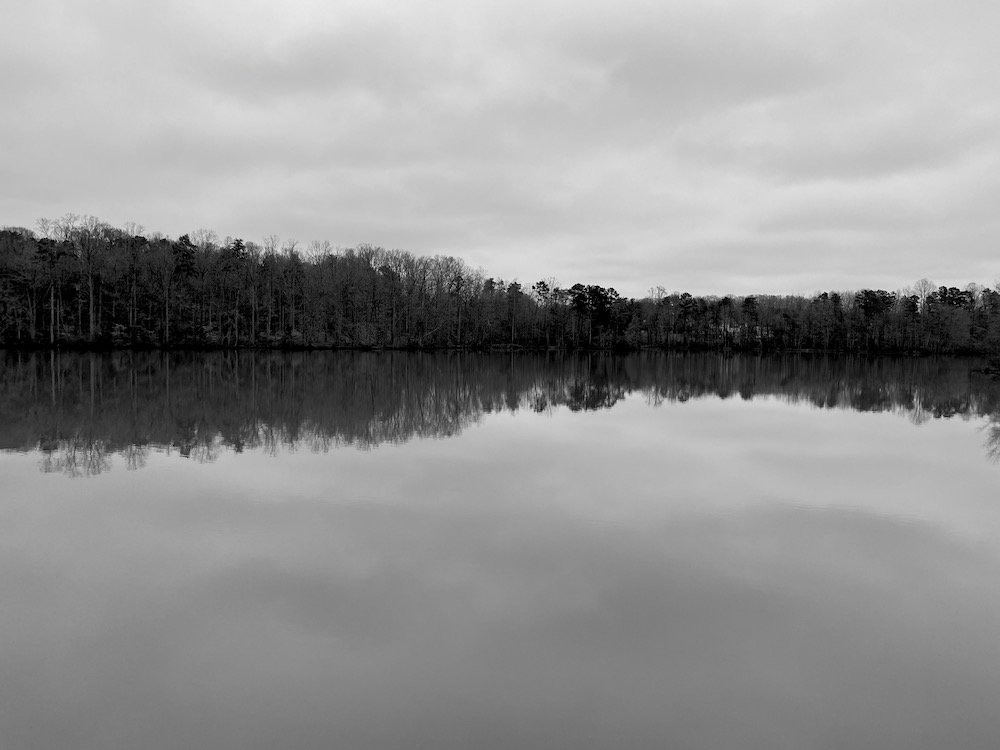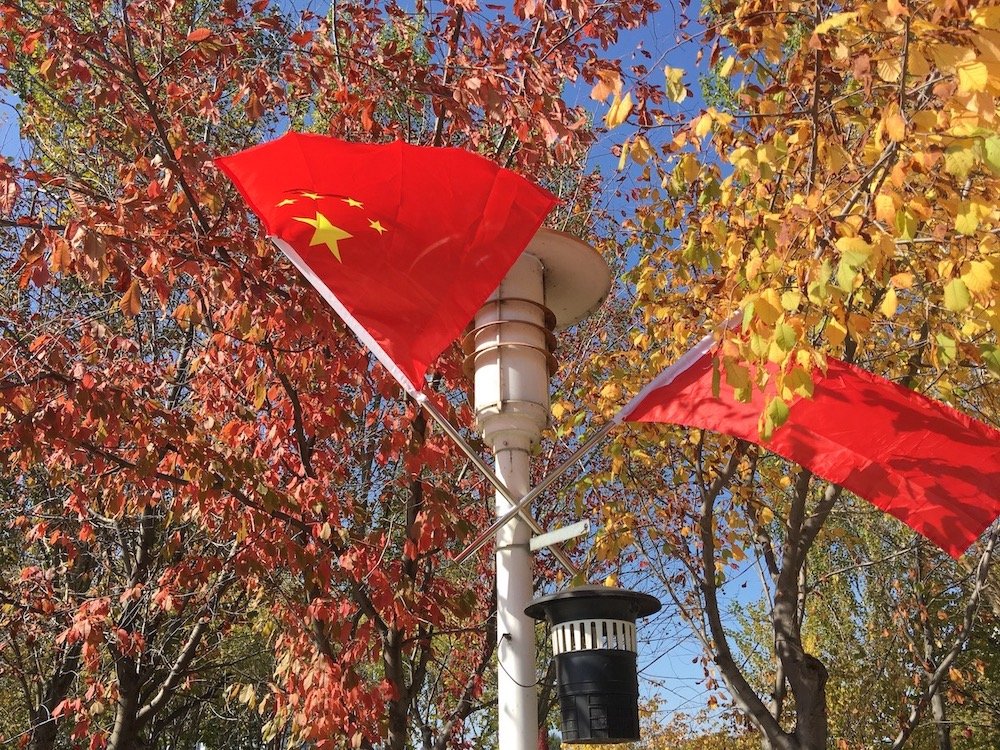The Nature Connection
The coronavirus has been a terrible thing to deal with. If you haven't been sick yourself or lost a loved one, then you may have lost your job. We have all lost convenience, social connection, and normal life as we know it on some level. When the lockdowns first began, we got pretty creative with how we passed the time, but now it's no longer amusing or quirky. People are tired of virtual pubs, running laps around their garden, and experimenting with bread recipes.
I'm not a doctor, but I think it's fair to say that losing freedom of movement and isolating from friends and family for months on end is really not great for our mental health. Now, this isn't an argument against the guidelines outlined by medical officials. I always go where the science goes (this is a completely apolitical issue for me) and right now it suggests that isolation, where possible, is the right strategy for the best long-term public health and economic outcome.
I've had my ups and downs like everyone else trying to cope mentally with the pandemic. But no matter how thick the malaise of monotony has gotten, I've stuck to one grateful thought like a mantra: at least I don't live in a city.
There are good practical reasons for living in a rural area right now such as the low population density, which makes the virus relatively rare. I personally like it because the nature around the house is one of the things keeping me sane. I can't imagine how it must have been and still is for folks in dense apartment blocks that were/are unable to safely go out for anything at all.
“No matter how high our ambitions reach in the form of air-conditioned skyscrapers, there's a part of us that still craves to be outside.”
Even while living in the small-by-Chinese-standards city of Daqing I would have feelings of claustrophobia and a longing for open, natural areas during the depths of gray, industrial winter. Hearing my friends’ tales of the extreme lockdown there made me feel extremely fortunate to have left when I did. If I have to choose between weathering a historic pandemic in my tiny apartment in a dense city or my family's house on several acres of land, I will take the latter every time.
One can only watch so much Netflix or strive to have a "productive quarantine" by "learning a new skill" for so long. So, I've been making good use of nature outside when I get cabin fever by running, picking up metal detecting, or simply reading outdoors. Having a massive greenway network of trails just a short drive away has also helped provide an escape. Everyone's different, but I have noticed a boost of general positivity for every hour spent outdoors as well as renewed durability for tolerating the pandemic at home.
When I notice something like this, I dwell on the possible bro science behind the phenomenon before eventually digging into some dry medical research. At the end of the day, humans are animals - the outdoors and indoors are concepts that came about as we clustered together to form agrarian settlements and eventually cities for the greater development and economic benefits. No matter how high our ambitions reach in the form of air-conditioned skyscrapers, there's a part of us that still craves to be outside.
Densely packed cities have helped us achieve some incredible milestones by concentrating ideas, resources, and human capital - almost certainly a net positive for humanity as a whole. The cost for the individual, however, might be their mental health. A 2017 meta-analysis by German firm Deutsches Ärzteblatt suggests that "the risk for serious mental illness is generally higher in cities compared to rural areas". In general, the environmental factors (cramped quarters, traffic noise) and the social factors (higher poverty) of living in a city result in higher stress levels.
So you are really not imagining it if you feel extra bad right now. Covid-19 has amplified most of the stress factors that come with living in a city several-fold. Acting on the nature connection that we still feel on a conscious or subconscious level is like a pressure release valve for at least some of this stress. A 2014 study from the University of Michigan Health System has shown that going on nature walks can reduce stress, anxiety, and depression. While this particular study focused on group walks - maybe not the best idea right now - going solo still has its benefits. Dr. Jason Strauss, director of geriatric psychiatry at Harvard-affiliated Cambridge Health Alliance, suggests that “anything from 20 to 30 minutes, three days a week, to regular three-day weekends in the woods is helpful” for improving your mood.
Now, I realize for people who especially live in epicenters of the pandemic that even getting out to the park might not be possible in some cases. Take it from someone who survived several years in a gray, polluted Chinese city: plants. Lots and lots of plants. Having a bit of greenery around not only adds a splash of life but also helps filter the air in your apartment (indoor pollution, not the virus). When you can't get out to nature, you can at least play make-believe with your own coronavirus victory garden indoors.
If you are looking for resources on using nature to improve your mental health, check out mind.org.uk. ◉
Written by Seth Barham
Less is more
If you feel like something is missing no matter how much you accumulate, consider trading in your things for experiences! Join me on the path to living simply and immediately.
